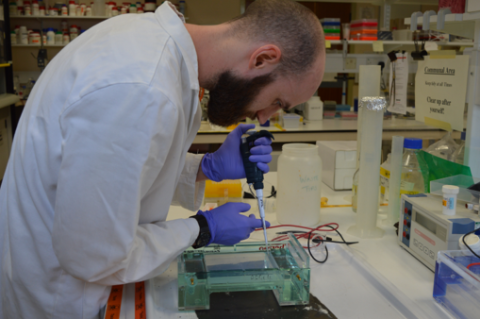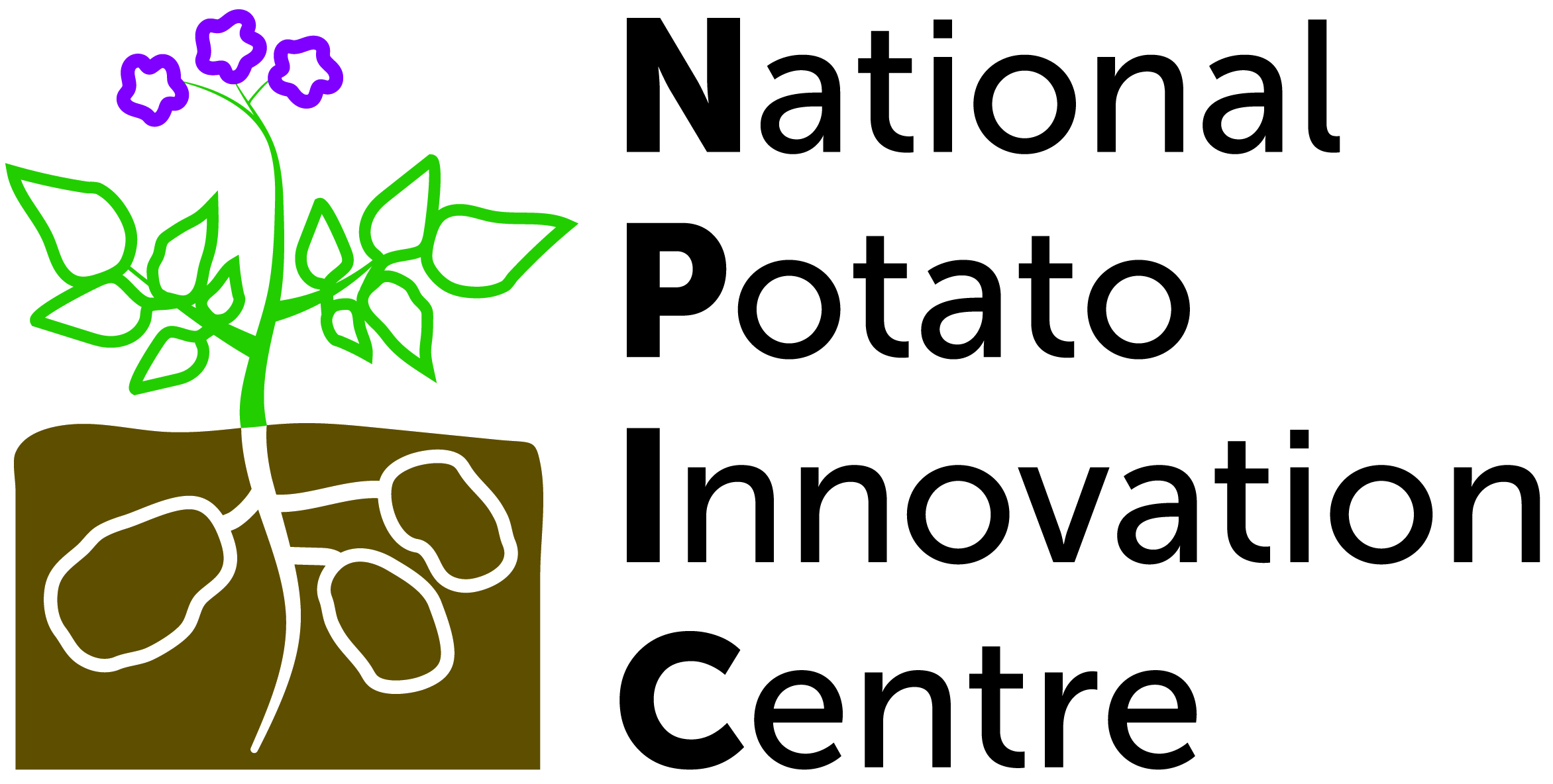
With less than a week to go until Potatoes in Practice, excitement is building — and the James Hutton Scientific Services field plots are well worth a visit. This year, they feature a diverse array of material from the Commonwealth Potato Collection (CPC), alongside cultivars with different sources of resistance to blight and to White Potato Cyst Nematode (PCN).
The plots set the stage for conversations about some of the cutting-edge work underway at The Hutton, particularly the development of new molecular markers for resistance to PCN, late blight, and viruses, all of which are key challenges for both growers and breeders.
Molecular markers are now an essential tool in modern potato breeding. They allow us to screen for disease resistance even in the absence of natural disease pressure, reducing reliance on expensive and time-consuming tests under artificial conditions. Crucially, markers also help breeders untangle the complex genetic control behind important traits, enabling smarter parental choices and more dynamic and effective crossing programmes.
In recent weeks, the Hutton team has been hard at work collecting leaf samples from thousands of breeding clones, racing against time before the seed crops are flailed. The goal is to generate robust molecular data in time to inform post-harvest selection decisions directly in the field.
Our breeding programme currently uses KASPTM markers, developed by cell and molecular biologists and validated to screen for key traits. Although this technology is far cheaper than traditional disease screening, the costs of using multiple KASP markers across large breeding populations remain a limiting factor, tending to restrict deployment to the later stages of breeding programmes.
That’s why Hutton Scientific Services are investing in the development of MAXY-ID, a new high-throughput genotyping platform. When paired with automated DNA extraction and analysis, MAXY-ID promises to dramatically reduce both the time and cost of testing, unlocking the possibility of screening thousands of clones at early breeding stages. This has the potential to be a real game-changer for potato breeding and beyond.
Join us at Potatoes in Practice to learn more about these advances and see the field plots in person. It’s an exciting time for the sector — and we’re just getting started.
Blog by: Vanessa Young and Drummond Todd




